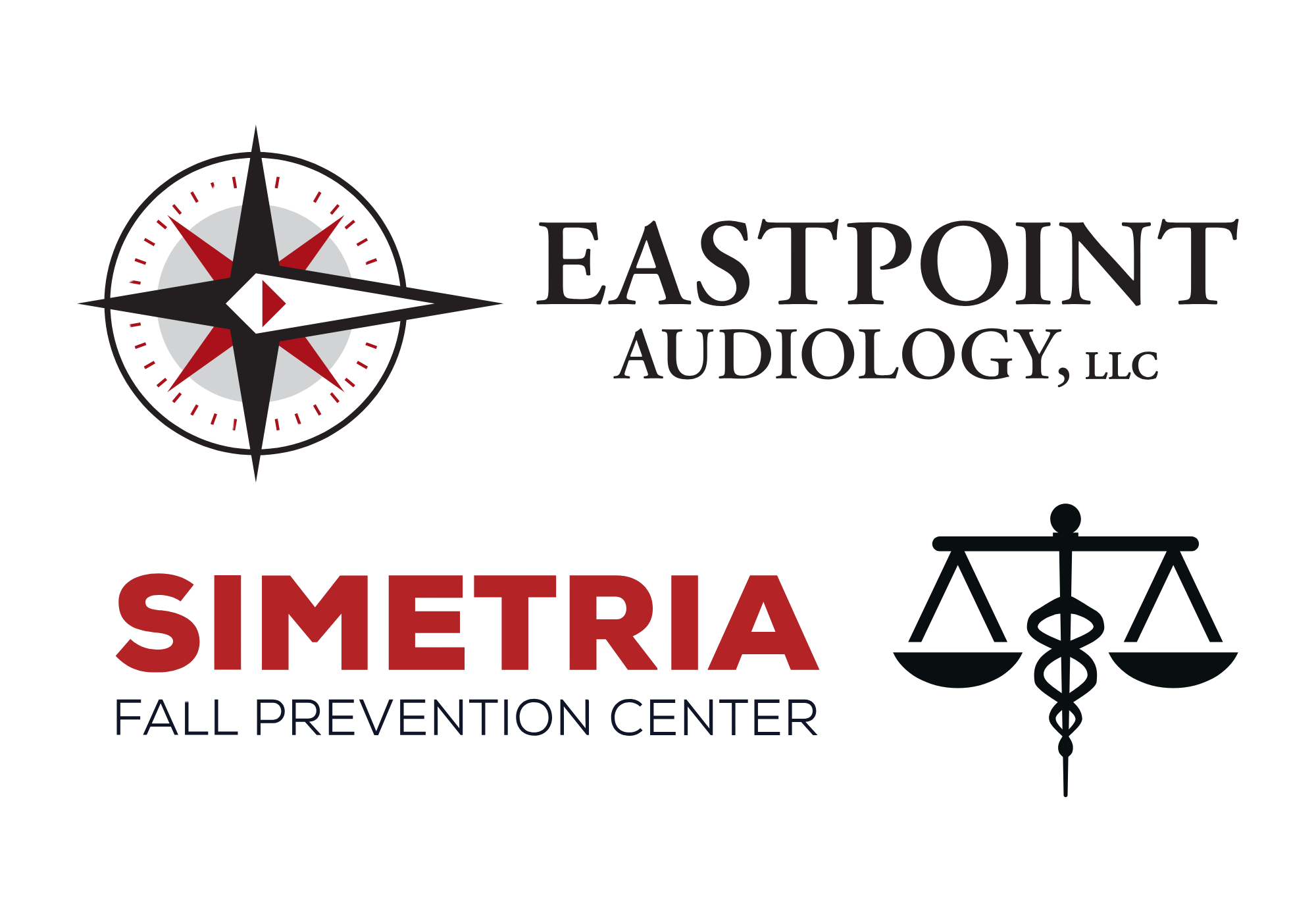
Many people typically think of heart attacks, strokes, and kidney disease as the primary health concerns related to high blood pressure, also known as hypertension. Were you aware that not controlling high blood pressure could also heighten the likelihood of experiencing hearing impairment, particularly as you grow older?
Presbycusis, also called age-related hearing loss, generally starts to become evident in people aged in their 40s, 50s, or 60s. It progresses slowly with few obvious symptoms, yet the damage it does can be lasting and irreversible. In many instances, this kind of hearing loss derives from years of cumulative damage to the auditory system. An important but frequently ignored factor is high blood pressure, which has the potential to damage the fragile blood vessels in the inner ear.
Why is it significant to comprehend blood pressure?
Blood pressure measures the force of blood moving through your arteries. When this pressure is persistently too high, it puts substantial strain on your blood vessels. Prolonged exposure to this condition can lead to vascular deterioration, causing the blood vessels to become rigid, constricted, or jeopardized, which in turn elevates the danger of developing severe health issues, including impaired hearing.
Your blood pressure reading is made up of two numbers:
- Systolic pressure (the top number) determines the pressure during heartbeats.
- Diastolic pressure (the bottom number) gauges pressure between beats.
Categories of blood pressure
- Normal: Less than 120/80 mm Hg
- Slightly High: Blood Pressure Ranges from 120-129 over Less Than 80
- Stage 1 hypertension is defined as blood pressure readings of 130-139/80 -89 mm Hg.
- Stage 2 Hypertension: 140+/ 90+ mm Hg
- Severe High Blood Pressure: Exceeding 180/120 mm Hg (immediate medical attention necessary)
- Embrace a heart-healthy diet: Focus on whole grains, fruits, vegetables, lean proteins, and healthy fats. The DASH or Mediterranean diet is an excellent place to start.
- Get regular exercise: Attempt to get at least 150 minutes of moderate activity every week.
- Decrease sodium intake: Limit processed and fast foods, which are typically high in salt.
- Follow medication instructions: If prescribed, take your blood pressure medication consistently as directed by your physician.
- Decrease anxiety: Make time for relaxing activities including mindfulness exercises, gentle stretches, or silent reflection to help you unwind and find balance in your day-to-day life.
- Avoid extended exposure to loud noise: Wear ear protection when going to concerts, working with noisy equipment, or in loud settings.
- Use ear protection: Earplugs or noise-canceling headphones can reduce the danger of sound-induced hearing damage.
- Routine exams with a hearing specialist can dramatically enhance the effectiveness of treatment and overall ear health by catching any potential issues early on.
The consequences of high blood pressure on hearing health
A delicate web of miniature blood vessels resides within the ears, supplying the auditory system with the oxygen and nutrients it needs to work properly. When hypertension compromises these vessels, the ear structures– especially the cochlea and tiny sensory hair cells known as stereocilia– can become damaged.
These stereocilia are responsible for converting sound vibrations into nerve signals your brain can interpret. Regrettably, they do not regrow once damaged. Because of this, hearing loss from vascular damage caused by high blood pressure is often irreversible.
Scientific studies show a strong correlation between high blood pressure and the severity of hearing loss. People who have regular blood pressure levels are more likely to maintain their hearing abilities as they get older, whereas those who have high blood pressure are more prone to experiencing hearing loss that can intensify over time.
Can ear pain signify high blood pressure?
In spite of the vascular harm it causes, high blood pressure rarely appears with noticeable symptoms. It is sometimes known as the “silent killer” as a result of this. A common myth is that sensations such as “hot ears” or ear pressure suggest high blood pressure. It’s likely that these symptoms are actually the outcome of fluctuations in hormone levels, high levels of stress, or strong emotional responses.
Certain individuals who have high blood pressure may experience a worsening of tinnitus symptoms, characterized by a persistent ringing or buzzing sensation in the ears. If you have ringing in your ears or notice any changes in your hearing, it’s important to schedule an appointment with a specialist who can conduct a thorough examination to determine the cause.
Managing blood pressure and protecting your hearing
The good news is that blood pressure can typically be controlled through lifestyle modifications and medical care. Reducing your blood pressure may even help maintain your hearing or prevent further degeneration.
Strategies for decreasing hypertension naturally
While managing hypertension is essential, it’s also crucial to take practical measures to safeguard your ears.
Protecting your hearing: vital steps
Besides managing your blood pressure, these actions can also aid in protecting your hearing:
Worried about the potential threats to your hearing and cardiovascular health? Be proactiove.
If you have been diagnosed with hypertension and are experiencing indications of hearing difficulty– such as frequently asking others to repeat what they said, struggling with conversations in noisy locations, or turning up the volume on devices– it’s time to schedule an appointment with a hearing specialist.
Your hearing health is important. Act quickly as early action can have a significant impact.
Reach out to us right now to begin the journey to improved hearing
